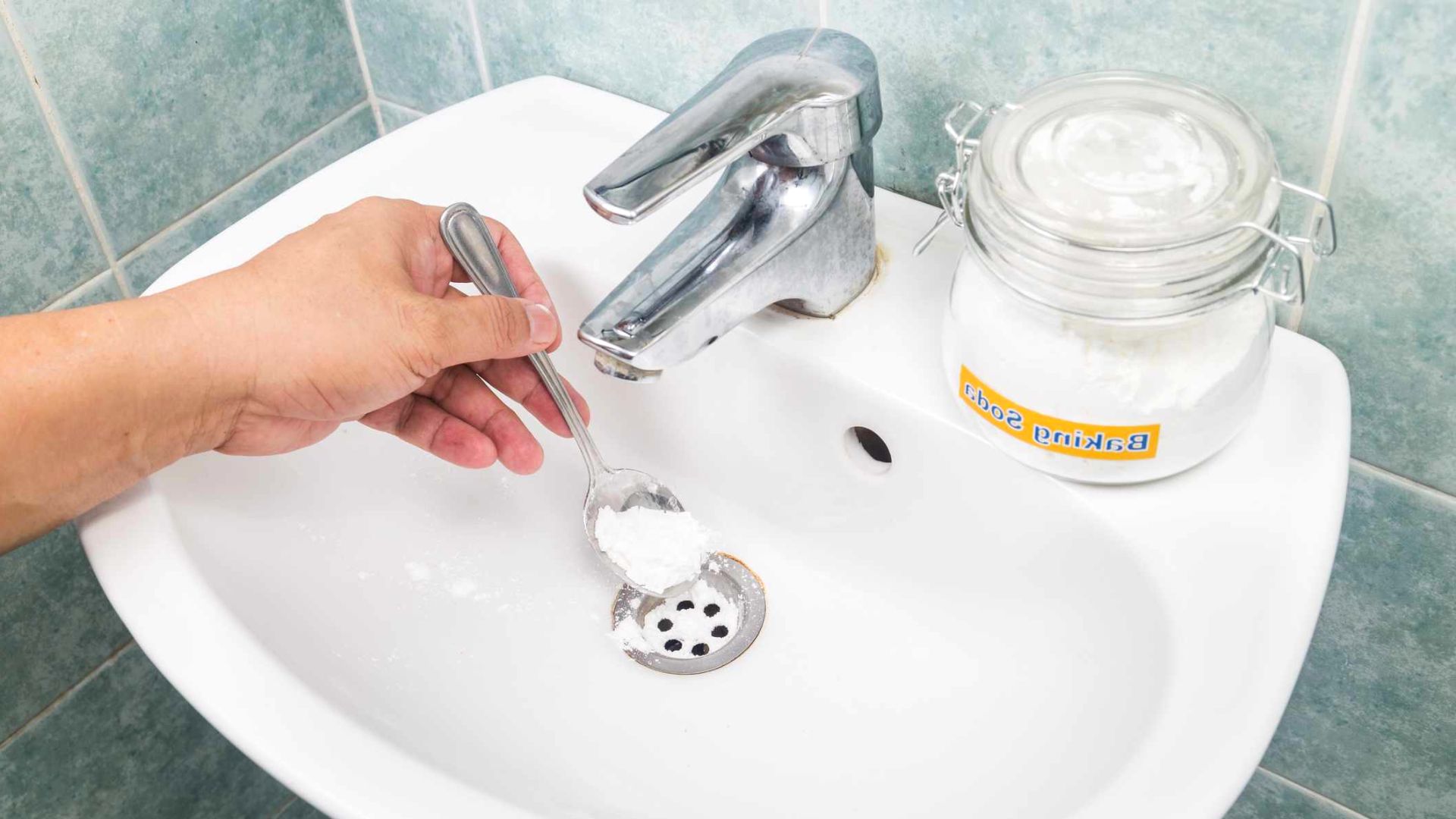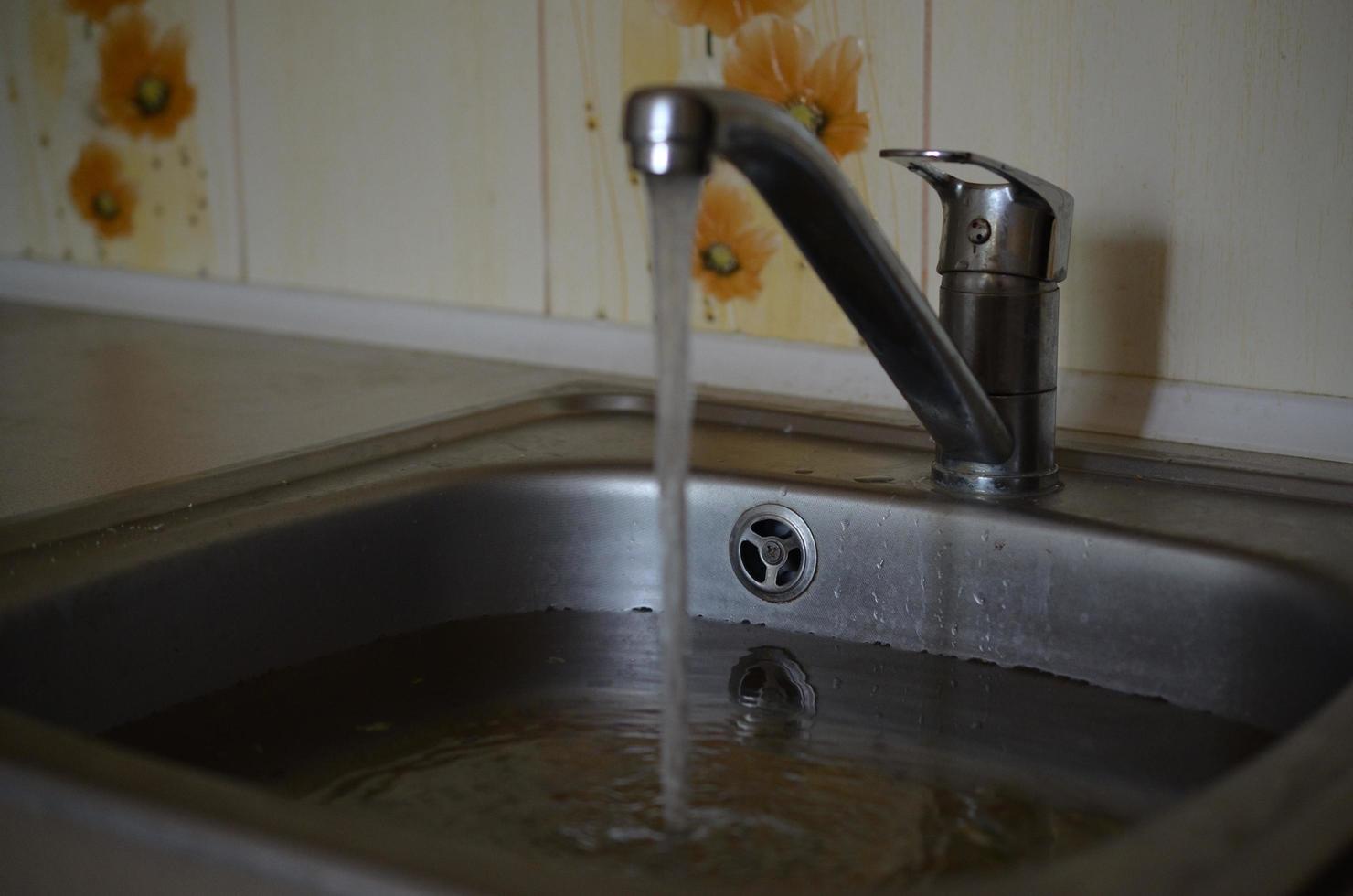Just about everyone maintains his or her own thinking about Three Common Ways to Fix a Slow Drain.

Introduction
We have actually all been there: You're cleaning your teeth or cleaning your hands, and you see the water merging in the sink. Rather than promptly swirling away, it remains, turning your once-refreshing morning regimen into a mini swamp scene. A slow-draining sink isn't simply irritating; it's typically an indicator of larger pipes problems hiding beneath the surface area. Fortunately is that the majority of slow-draining sinks can be fixed with a little expertise, a few standard tools, and some patience. Prepared to tackle this project head-on? Allow's roll up our sleeves and dive right in.
Understanding the Reasons For a Slow-Draining Sink
Prior to you begin poking around in your pipes, it assists to know what could be triggering the slowdown. Comprehending the root cause makes it less complicated to choose the ideal fix.
Tools and Products You'll Need
The right tools make all the difference. Thankfully, you will not need a fully equipped plumbing's van to finish the job.
Step-by-Step Overview to Fixing a Slow-Draining Sink
Now, let's enter the nitty-gritty. This detailed procedure will assist you through basic techniques to recover your sink's drainage.
Action 1: Get Rid Of and Clean the Stopper
Often, the stopper (that little plug you lower to obstruct water) is the first wrongdoer. Remove it thoroughly and wipe any kind of hair or gunk caught around its base. Wash it extensively before putting it back in place.
Step 2: Make Use Of a Plunger to Dislodge Debris
Got that plunger prepared? Setting it over the drainpipe and offer it a few firm pumps. The concept is to produce suction that can loosen up any kind of clog. If you see bits of debris drifting up, you're on the ideal track.
Step 3: Try a Drainpipe Snake or Wire Wall Mount
If the bettor does not work, it's time to bring out the drainpipe serpent. Carefully feed it right into the drain and twist as you go. You could really feel some resistance-- that's likely the blockage. Keep turning and pulling up until you eliminate the obstruction. If you don't have a drain serpent, a corrected the alignment of cable hanger can operate in a pinch.
Step 4: Use a Do It Yourself Drain Cleanser
An all-natural cleaner made from baking soft drink and vinegar can break down recurring gunk. Put half a cup of baking soft drink into the drainpipe, adhered to by half a mug of vinegar. Allow it fizz for about 15 minutes, then flush with warm water. This chemical reaction often does wonders for minor blockages.
Step 5: Rebuild and Evaluate the Sink
Put every little thing back together and run the tap. Does the water now swirl down the drain at a decent rate? If yes, provide on your own a pat on the back. If not, do not despair-- there are still a few even more tricks up your sleeve.
Vital Tools for DIY Repair Works
A plunger is your go-to starting factor. A small, sink-sized plunger produces suction that can remove small clogs. For even more relentless clogs, a drainpipe serpent (occasionally called a plumber's auger) functions wonders. A set of gloves, a flashlight, and possibly a pair of safety goggles are also convenient.
Suggested Cleansing Solutions
Mild meal soap and warm water can assist break down oily build-up. A mix of baking soda and vinegar is a time-tested home remedy, and enzymatic cleansers supply an even more green strategy. Maintain chemical drain cleansers as a last resource, as they can be rough on your pipes.
Common Culprits Behind Slow Water Drainage
So, what's blocking things up? Usually, it's a mixture of day-to-day debris-- assume hair, soap residue, tooth paste residue, and leftover food particles. Over time, these little bits collect and hold on to the pipe walls, slowly tightening the flow and making it harder for water to go through. In many cases, mineral deposits from difficult water can also include in the substance, creating the best storm for persistent clogs.
When is it Time to Do Something About It?
If you discover the water draining pipes slower than usual, it's a good concept to intervene faster as opposed to later. Waiting as well long can result in finish obstructions, undesirable odors, and even pipe damages. If the water takes greater than a few seconds to clean out after shutting off the faucet, consider it a red flag and get ready to put on your do it yourself hat.
Safety And Security First: Preventative Measures and Prep work
Before you launch into unclogging mode, consider safety and security. You're managing possibly dirty water and particles, so slip on a set of gloves. If you're using chemical cleansers, ensure the room is well-ventilated and adhere to the guidelines on the label.
Protective Equipment and Workspace Arrangement
Put down some old towels or rags around the sink location to capture splashes. Eliminate any things that may enter your method, like soap dispensers or tooth brush holders. Make sure you have excellent lighting-- get hold of a flashlight if needed.
Alternate Approaches for Stubborn Clogs
Not all blockages are developed equivalent. If your sink still refuses to work together, think about these different remedies.
Baking Soda and Vinegar Technique
We already touched on this, however it's worth noting once again. This mild, eco-friendly method is safer than chemical cleansers and usually fairly efficient.
Chemical Drain Cleansers
Enzyme-based cleansers make use of all-natural microorganisms to absorb organic matter. They're a superb option if you're aiming to stay clear of severe chemicals. Simply keep in mind, they may take a bit longer to function their magic.
Chemical Drainpipe Cleaning Company: Advantages And Disadvantages
Chemical cleansers can blow up with hard blockages quick, however they're not without disadvantages. They can produce warm and fumes, damage pipes if used exceedingly, and pose ecological risks. Utilize them moderately, and constantly follow the directions very carefully.
Safety Nets to Maintain Your Sink Flowing
Prevention is the best cure. By adopting a few basic habits, you can maintain your sink from reducing to begin with.
Regular Cleaning Habits
Clean down the sink container and fixture area consistently. Remove hair or food particles before they have a chance to wash down the drain.
Avoiding Hazardous Compounds Down The Tubes
Hesitate before unloading coffee premises, oil, or coarse veggie scraps down the sink. These offenders cling to pipeline wall surfaces, producing blockages over time.
Regular Maintenance Checks
Set up a fast month-to-month assessment. Run hot water with the sink for a couple of mins, taking note of the flow. If it seems slow, act quick prior to it comes to be a full-on obstruction.
When to Call a Specialist Plumbing Technician
Often, despite exactly how tough you attempt, that clog simply will not move. That's when it's time to generate the pros.
Indications That Indicate a Much More Severe Problem
If your sink drains pipes gradually despite numerous efforts, or if you discover water backing up in various other components (like your shower or commode), you might have a more major plumbing issue prowling much deeper in the system.
Stabilizing Do It Yourself Initiatives with Professional Assistance
While DIY can conserve you cash and use a feeling of achievement, there's no shame in calling an expert. A professional plumbing can evaluate your whole pipes configuration, making certain there's no underlying damages or long-term problem that can cost you a lot more down the road.
Contrasting Costs and Long-Term Solutions
Prior to making a decision, consider the big picture. An affordable, quick fix might resolve the trouble briefly, but buying an extra permanent remedy might save you cash and anxiety in the long run.
Considering the Expenses of Do It Yourself vs. Specialist Fixes
DIY solutions commonly set you back little more than the cost of a plunger or a container of cooking soft drink. Specialist solutions, on the other hand, come with a price however might avoid repeated problems and pricey repairs later.
Investing in Top Quality Fixtures and Upgrades
If your sink's design adds to constant clogs, it could be worth updating to higher-quality fixtures or changing the plumbing design. Consider this an investment in your house's capability and convenience.
Verdict
A slow-draining sink can feel like a minor irritation, however it's commonly an indication that your pipes needs a little tender loving care. By recognizing the origin, utilizing the right tools and strategies, and committing to straightforward preventive measures, you can maintain your sink flowing freely. And when all else falls short, never wait to contact a professional-- your home's plumbing deserves the investment in treatment and upkeep.
4 Tips to Fix a Slow Draining Sink
Removing the Pop-Up
This is a great place to start when it comes to troubleshooting a slow draining sink. If your sink has a pop-up, carefully take it out and remove debris that has built up around the tool. This will also allow you to see if there are any significant blockages in the drain that you can pull out on your own to help clear up the issue.
Use a Zip-It Tool
Like a snake for a large drain, a zip-it tool helps clear out any debris or hair from a sink drain. A tool like this can be used with a drain that pops out or not as it s thinner than most snake-like tools.
Use a Drain Cleaner
Whether making an at-home cleaner or buying a solution at the store, this is a common fix many turn to when it comes to a slow draining sink. There are several options available for purchase at local supermarkets, but for those who prefer to create their own solution, one of the most common is the following.
How to Unclog a Drain Naturally
Pour boiling water down the drain Pour cup of baking soda down the drain Pour cup of vinegar down the drain Wait 10 minutes Pour boiling water down the drain again Turn on the hot water faucet to clear out the solution Use a Plunger
As a worst-case scenario option, a plunger may be a good option for those who are still struggling to get debris out of their drain. This could be especially useful if there is a large item that you suspect may be significantly stuck down the drain.
https://www.abaileyplumbing.com/blog/2021/august/4-tips-to-fix-a-slow-draining-sink/

I came across that post about when surfing around the search engines. Be sure to take the opportunity to promote this blog posting if you enjoyed reading it. Thanks for taking the time to read it.
Make An Appointment
 Anna Chlumsky Then & Now!
Anna Chlumsky Then & Now! Alexa Vega Then & Now!
Alexa Vega Then & Now! Christina Ricci Then & Now!
Christina Ricci Then & Now! Robin McGraw Then & Now!
Robin McGraw Then & Now! Stephen Hawking Then & Now!
Stephen Hawking Then & Now!